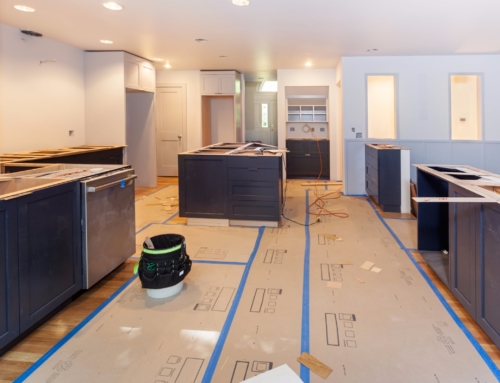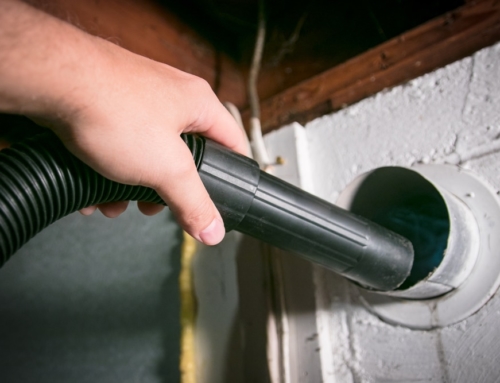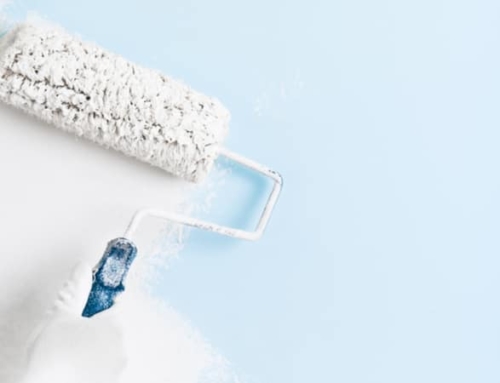Using a home equity loan to remodel can be a good decision, especially if you might need cash for future living expenses.
Q: I have bought and sold many homes in the past. I made money on all but the last one, on which I lost money big time. I recently bought a little house I call my “Medicaid Home” since the government will get it when I go in a nursing home.
Should I keep borrowing the equity from the home and make upgrades that make the house more comfortable for me or pay it off and use my own money for the upgrades? I bought it in May 2012 and I am getting ready to refinance the home at 4.5 percent. Should I pull out $10,000 for upgrades?
A: All things being equal, we think you’d be better off borrowing the money and making the repairs and upgrades to the home that will make your home comfortable for you in retirement. If you use your own money for those expenses, you might find yourself running short of cash for other living expenses now or in the near future.
In retirement, you might need cash for your own living or medical expenses, for travel or even to help family members. If you can get a rate that’s lower than 4.5 percent, that would be better. But even at that rate, you’ll likely be better off borrowing the money than financing these projects out of your own pocket.
As you complete the refinance, keep in mind what your monthly loan payment will be along with your real estate taxes, home insurance and other home expenses. Those expenses will follow you through your retirement years. While you may fix the rate of your mortgage, you have to anticipate that your real estate taxes and insurance costs will rise over time.
However, if you have money invested or in a retirement account, those investment decisions will also affect your decision in whether to borrow the money or not. If you’re eligible to withdraw money from a retirement plan without penalty (over the age of 59 1/2), you still have to pay federal income taxes on the amount you take out. If you need the full $10,000 at once, you may pay a couple of thousand dollars in federal income taxes. You might benefit from withdrawing that same amount of money a bit at a time over the next several years.
While we don’t know what interest rates will do in the future, we do know that interest rates are pretty low now, especially if you can get the interest rate lowered on your planned refinancing. We also don’t know where tax rates will be next year, so we can only go by where things are as of today. With current tax law, you should be able to benefit from the mortgage interest rate deduction in the future. Even without that deduction, you’d still benefit from having the cash on hand for your expenses.
As you move to put money into your home, you should always consider how the improvements would benefit your living in the home, but you should also think about how the improvements will make the home more marketable and valuable. Not all home improvements are alike. If you make certain improvements that are unique only to style of living or particular circumstances, you’d want to make sure that when you sell the home, your improvements don’t reduce the value of your home.
While you may not get a dollar for dollar increase in the value of the improvements you put into the home, you certainly don’t want the money you put into the home to cause the home’s value to go down.






[…] Should I Use a Home Equity Loan to Remodel? – ThinkGlink – Using a home equity loan to remodel can be a good decision, especially if you might need cash for future living expenses. Q: I have bought and sold many homes in the past. I made money on all but the last one, on which I lost money big time. I recently bought a little house. […]